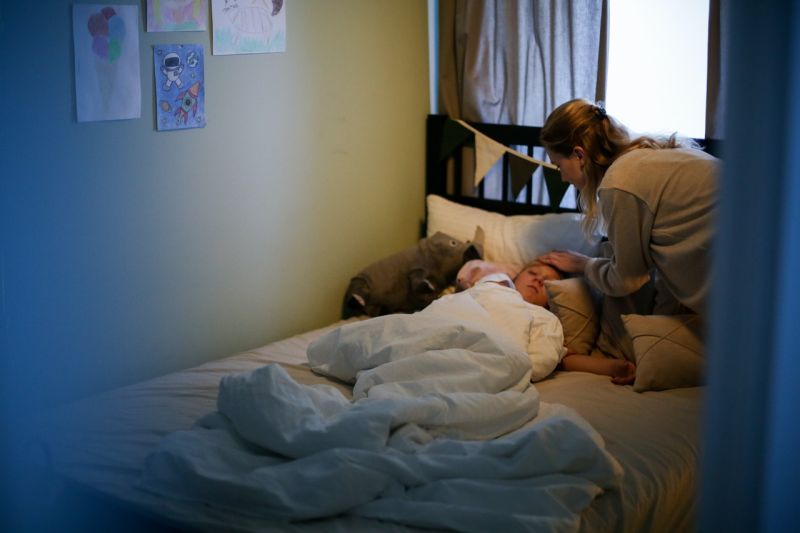Jakarta (ANTARA) – Multisystem inflammatory syndrom in children (MIS-C) is a medical condition when parts of the body’s organs in children become inflamed or inflamed, including the heart, lungs, kidneys, brain, skin, eyes, or digestive organs.
Until now, the US Centers for Disease Control and Prevention (CDC) did not know the exact cause of MIS-C and are still studying it through studies. However, some children with MIS-C have previously been infected with COVID-19.
Also read: The Directorate General of PAUD reminds the importance of health literacy in children
Pediatrician dr. Lucia Nauli Simbolon M.Sc, Sp.A said that MIS-C cases are rare. According to the data he collected, MIS-C occurred in 0.14 percent of children affected by COVID-19.
Even though it’s a little, he appealed to parents to remain vigilant and continue to pay attention to the health condition of their children after being infected with COVID-19 for at least two to four weeks. The condition of MIS-C should not be taken lightly because in some cases it can lead to critical conditions and even death.
“It’s a little, yes, but don’t let it happen in our family or anyone who is affected at 0.14 percent. It will be very sad because this child’s condition could become critical and die,” said the doctor who graduated from the Faculty of Medicine, Gadjah Mada University in a virtual discussion, written Friday.
However, according to the CDC, most children who get a diagnosis of MIS-C can get better with medical treatment.
Lucia explained that the symptoms of MIS-C are usually characterized by weakened heart contractions, redness of the skin, shortness of breath in the lungs, usually difficult to wake the brain, digestive tract effects such as diarrhea and vomiting, reduced urine production in the kidneys, and red eyes.
Also read: Task Force: 76,525 children in Babylon have been vaccinated against COVID-19
“Complaints are generally fever, but remember if there are serious complaints, don’t be too late to be brought to the ER,” he said.
Symptoms that are categorized as serious include difficulty breathing; pain or pressure in the chest; feeling confused; unable to stay awake or tend to be sleepy all the time; a bluish or pale appearance of the skin, nails, or lips; and severe abdominal pain.
Children with MIS-C must undergo treatment in a hospital. The treating doctor will perform laboratory tests to confirm other signs of disease, including tests to determine the description of myocardial dysfunction (ECG), evidence of coagulopathy, to evidence of infection with COVID-19.
According to the CDC, the best way to prevent MIS-C at this time is to take steps to prevent infection with the COVID-19 virus, including implementing standard health protocols.
“Preventing MIS-C is the same as preventing COVID-19, the way is to keep vaccinating children, preventing children and families from COVID-19. And it turns out that the effectiveness of this vaccine is up to 91 percent to prevent the occurrence of MIS-C due to COVID-19,” said Lucia.
Also read: Epidemiologist: All children must be vaccinated before PTM is 100 percent
Also read: Expert: We need a child vaccine ambassador for vaccination education
Reporter: Rizka Khaerunnisa
Editor: Ida Nurcahyani
COPYRIGHT © ANTARA 2022
–

:quality(80)/cdn-kiosk-api.telegraaf.nl/ed8fe77c-7a33-11ec-995c-02d1dbdc35d1.jpg)
